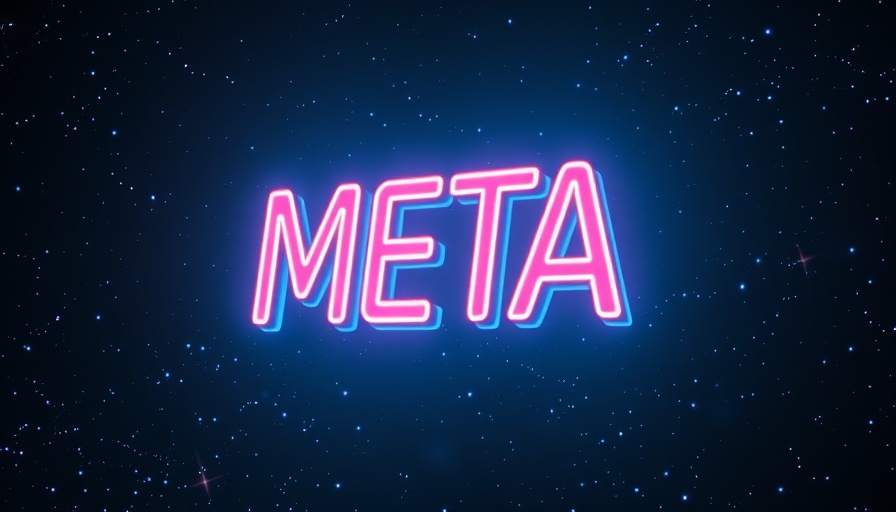
AI Revolutionizes Ad Production: What Does This Mean for Brands?
In a bold vision for the future of advertising, Meta's CEO Mark Zuckerberg is aiming to usher in an era where artificial intelligence (AI) will automate the entire advertisement production process. According to a recent report by The Wall Street Journal, by the end of 2025, Meta intends to give brands comprehensive tools that will enable automated ad generation—from conceptualization to video outputs and sound design.
From Concept to Completion: The Role of AI in Advertising
Historically, the deployment of AI in advertising has been more about enhancing human capabilities rather than replacing them. Brands have utilized algorithms to predict consumer behavior and tailor their messaging to specific target audiences. With advancements in generative AI, the landscape is changing. Tools such as ChatGPT have already been instrumental in creating ad copy, while recent developments in AI-generated video have paved the path for full automation.
Navigating Challenges and Controversies in AI-Generated Content
However, the journey hasn’t been without its bumps. Early attempts at AI-generated advertising have often drawn skepticism—from the eerie ads produced by platforms like OpenAI's Sora to ethical dilemmas surrounding the use of deepfakes in advertising. One notable controversy involved a Volkswagen ad featuring a generative AI deepfake of Brazilian singer Elis Regina, prompting discussions around copyright and consent in the digital age. These examples highlight that while AI can offer innovative solutions, it also raises critical ethical questions that brands must navigate as they lean more heavily into automation.
The Prospects for Small to Midsize Businesses
For small and midsize businesses, the tools Meta plans to unveil could be a game-changer. Currently, many of these businesses face obstacles due to budget constraints that limit their ad production capabilities. AI-powered tools could democratize access to professional quality production, giving smaller firms the opportunity to create compelling advertising content without a hefty budget. As Meta does not disclose the exact tools in development, the excitement and anticipation in the market for AI-driven solutions signify a shift toward accessibility in advertising.
The Future of Human Creativity in the Age of AI
Despite the automation possibilities, it's important to note that Meta is unlikely to present its AI tools as job eliminators. Instead, they may be positioned as collaborative partners—the “assistants” that enhance human creativity rather than replace it. This requires a paradigm shift in how businesses perceive the integration of AI into their processes, seeking to blend technological efficiency with human insight and creativity.
The Transformation of the Advertising Landscape
As brands look to the future, the integration of AI into advertisement production efforts appears inevitable. Technology will continue to play a significant role in this transformation, offering a competitive edge to those who embrace it wholeheartedly. As companies navigate this challenging yet exciting landscape, understanding the tools available, their capabilities, and potential pitfalls will be essential for maximizing their advertising strategies.
Conclusion: Preparing for an AI-Enhanced Future
The movement towards fully automated ad production underscores the urgency for businesses to prepare for a technologically enhanced future in advertising. As these tools develop, staying informed about the latest AI advancements can position your brand strategically in an evolving market where creativity meets technology. Embracing automation can lead to not only reduced costs but also enhanced effectiveness in reaching broader audiences. With the right strategy and tools, businesses can harness AI to amplify their advertising efforts while maintaining a human touch in their creative processes.
 Add Row
Add Row  Add
Add 




Write A Comment